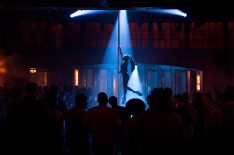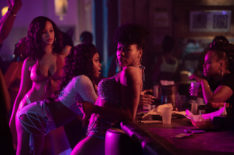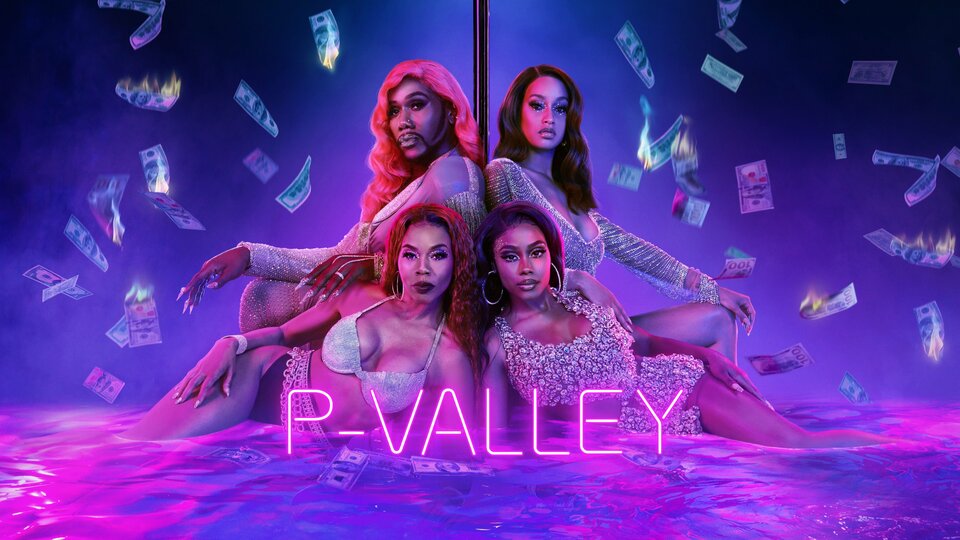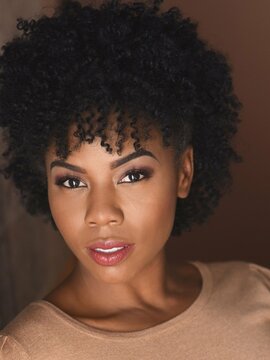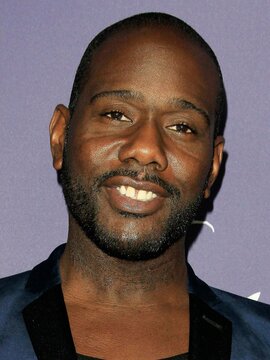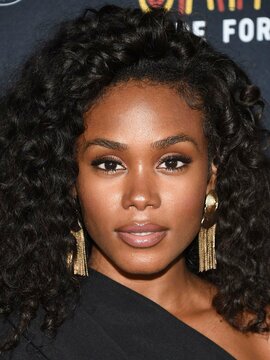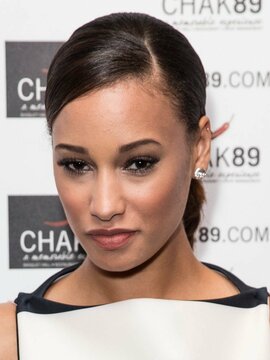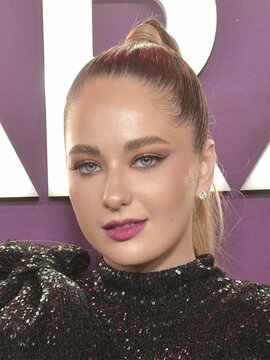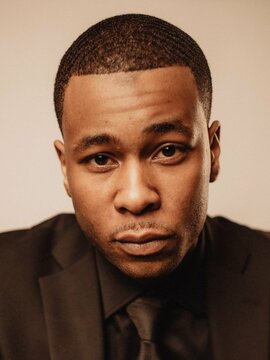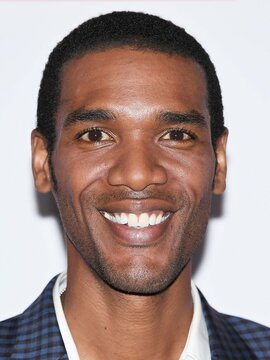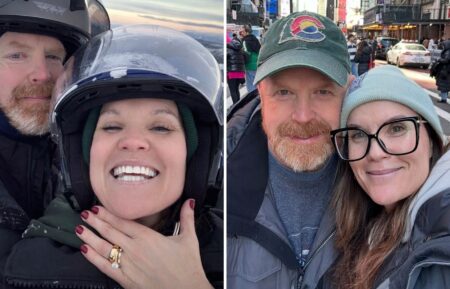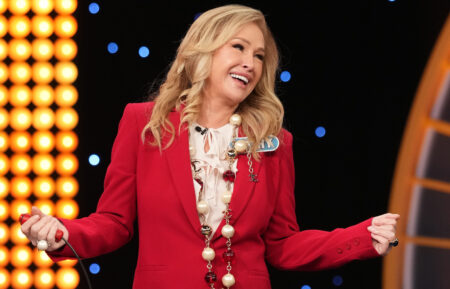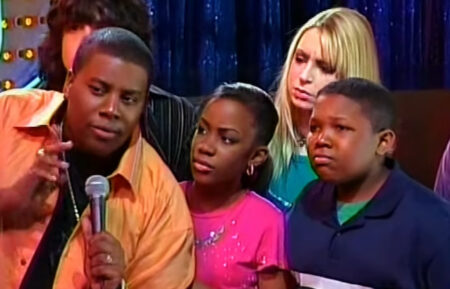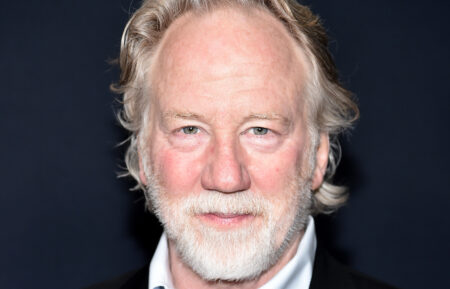‘P-Valley’ Creator Katori Hall Previews the Drama’s Message of Empowerment
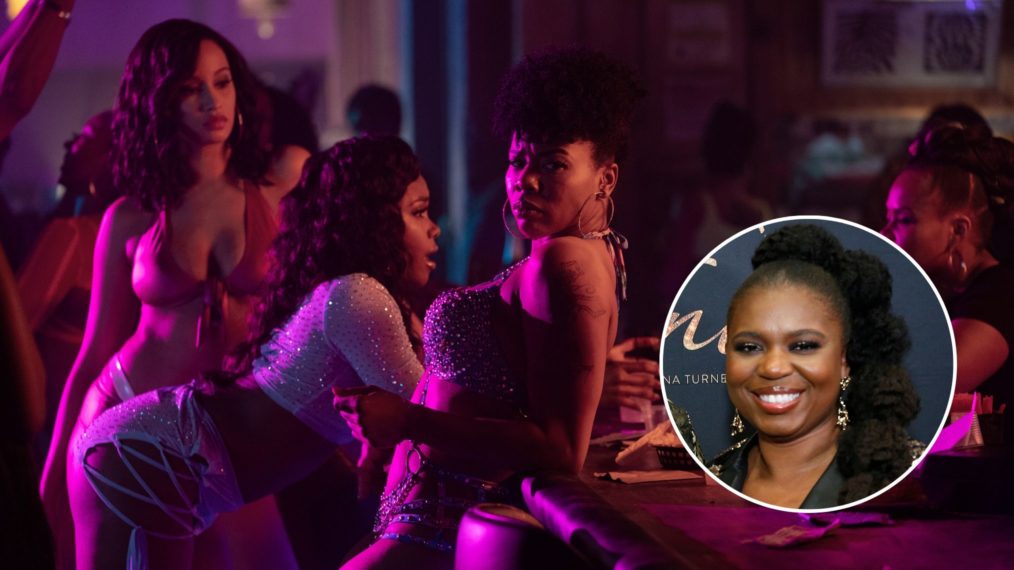
Q&A
A new mystery is unraveling on Starz this summer with the arrival of Katori Hall’s atmospheric new series P-Valley, debuting Sunday, July 12.
Set in the Mississippi Delta, the gritty and glittery drama introduces viewers to the underdog institution known as the Pynk — a strip club joint — where “the hopeful, the lost, the broken, the ballers, the beautiful and the damned” are settling in. Full of daring dreamers, P-Valley expands the boundaries of what it means to look beyond the life society has predetermined for the down-on-their-luck crowd.
Inspired by her play Pussy Valley, we caught up with Olivier Award-winning playwright and series showrunner Hall ahead of the premiere. “I feel as though giving people narrative, giving people story empowers them,” she says of the inspiration behind exploring the world of strippers down south. “It also teaches us why these systems exist. Why does patriarchy still exist? Why does sexism still exist? These women can teach us a lot about disempowerment and freedom all at the same time.” Below, Hall opens up about the characters, style and stories that await viewers upon P-Valley‘s arrival.
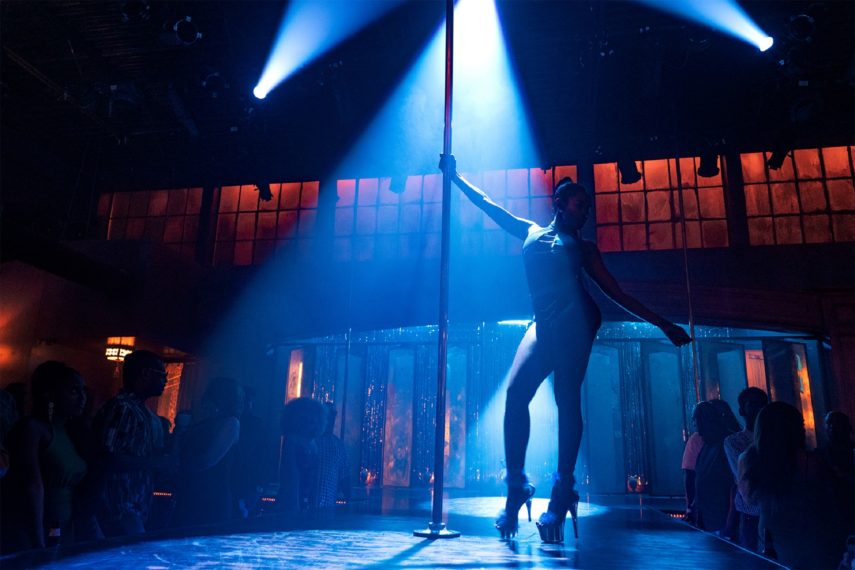
(Credit: Starz)
The series is inspired by your play — what was the stage to screen process like?
Katori Hall: The play version was a combination of six years of research. I interviewed 40 women, I went to clubs all around the nation and when I saw it up on the stage, I was like, “Oh my God, this is not a play, its a TV show. Oh my God, I need more time.” There was so much to say, the world was so juicy, so deep and the women were so complicated. I ended up pitching it around and Starz ended up taking it on under development. Over the course of four years, stage to actual TV show, I had a writer’s room where we all put our brains together and figured out, “How do we make a story that people want to come back to week after week after week?”
The best thing that we had was these amazing lovable characters and it was about figuring out different plot points and what their transformations were going to be over a longer period of time. We worked really hard and actually let a lot of things go from the play. I would say the play is more of an inspiration than anything else. It’s good when you can be inspired by something and let it go, because it allows you to open up your mind and be more free when it comes to thinking of new stories and new complications to put upon your characters.
What initially drew you to the world of stripping?
I’m from Memphis, so I’m a Southern gal at heart. Strip club culture is a part of your coming of age. I have been to so many parties at a strip club, I’ve even been to a baby shower at a strip club. It really is this social hub for a lot of people down south. I remember going into those spaces and looking up on those stages and just being in awe of the women who were flying around those poles. Obviously they look a certain way, but I was just more taken by what their bodies could do and not necessarily how they looked.
I ended up trying to take a pole fitness class and trying to copy them and I could not do it. It made me respect them even more because it’s hard work — it’s a sport. It could be in the Olympics — real talk [Laughs]. I’ve been to pole dancing championships and I follow a bevy of dancers online who are really practicing this at a very high skill. I always knew that the athleticism of the craft is something that I wanted to showcase at the center of the show and that was always my way in, was through the physical and learning for myself how hard it was.
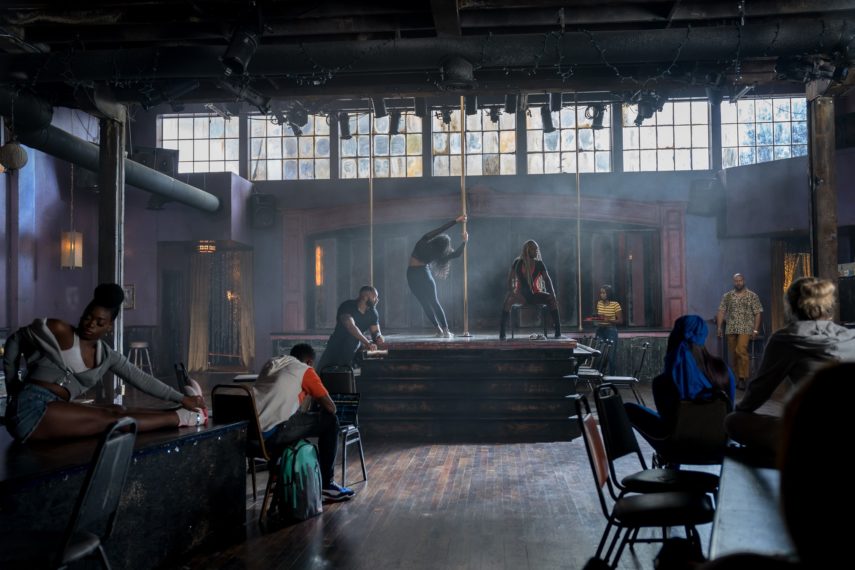
(Credit: Starz)
There’s the body side of it, but then there’s the heart side of it. I really wanted to learn why these women chose this profession or learn about why the profession chose them. A lot of women were put into situations where they didn’t have any money. So, in a economically dire situation, you do what you have to do to survive. I love writing about survivors of all different sorts. The plight and these women who are in the sex work industry, I felt was an important world to dig into and to put forth with empathy and heart. As we know, historically this group of women, they’ve been dehumanized, they’ve been ignored and I always feel as like, if you can’t see a group of people, you don’t know that they exist, and if they don’t exist, then they can be taken advantage of.
The series begins with a mystery surrounding Autumn Night’s (Elarica Johnson) arrival at the Pynk. What made you decide to take that direction story-wise and what can viewers anticipate?
I always feel like Autumn is our audience proxy where we are seeing this world through her eyes. It’s new, it’s enticing, there’s grit and glitter, there’s s**t and shine. She’s in awe of it. She’s turned on by it. I felt to know her too well would not allow the audience to feel as though they were her. It was definitely a way in which to create space for an entry point for our audience, which I felt like most people wouldn’t have stepped into this club, and particularly a Black Southern strip club.
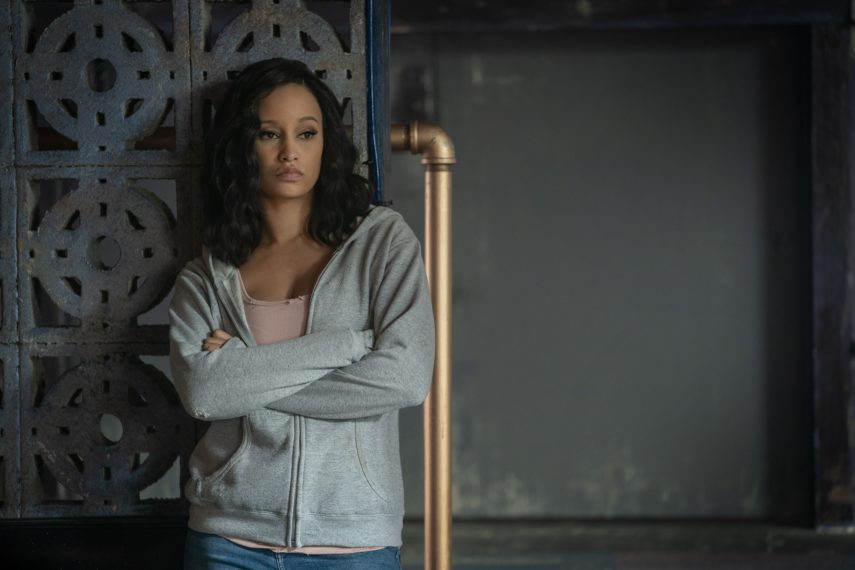
(Credit: Starz)
In terms of mystery, I am so in love with mystery. We always say that, to describe the aesthetic of our show, we use the phrase “Delta noir.” In our world, we have women who are the detectives. The men are the ones who are the hunted and the women are the hunters. We have folks of color and women at the center of the tale, that doesn’t really happen in traditional noir. We looked at taking the aesthetic of noir — sharp shadows, contrast — and fusing that with color. “Delta noir” was just the perfect phrase to describe what we were going for aesthetically and tonally.
The Pynk’s resident dancer Mercedes (Brandee Evans) plays a crucial role in this series. What can you tease about her character and story?
On stage she’s the boss, and backstage she’s the boss. What’s really interesting is when she’d get out of that space, when she steps through the doors of the Pynk and she goes into the world outside — she has a lot of vulnerability. She’s very susceptible to manipulation by her mom. In a weird way, she’s kind of shy, she wants to keep her life to herself.
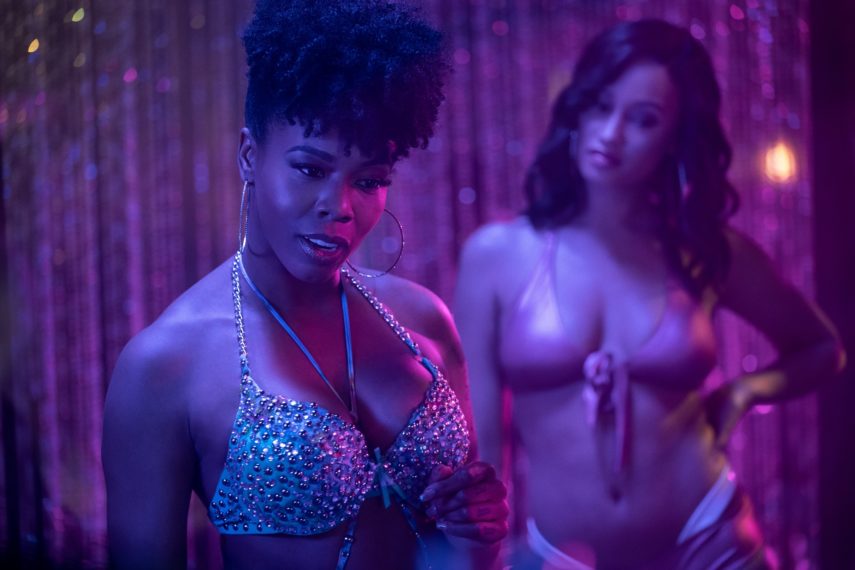
(Credit: Starz)
She is a woman who is very complicated. You would think that a person who’s that big of a performer would live her life loudly. Even on the outside she’s dealing with her own personal demons and self esteem issues and this whole goal that she has to achieve her ultimate dream, which is to start her own business. To see this woman and to get an inkling of what she thinks she deserves and to see her striving for that, I just think it’s empowering for all women — no matter if you live in a palace or you’re up on a pole like her.
The fact that she is so goal-oriented is something that I think you don’t get an opportunity to see, particularly of women in this world, and she is directly inspired by a lot of the women that I met. It’s going to be an interesting ride when it comes to Mercedes’ journey.
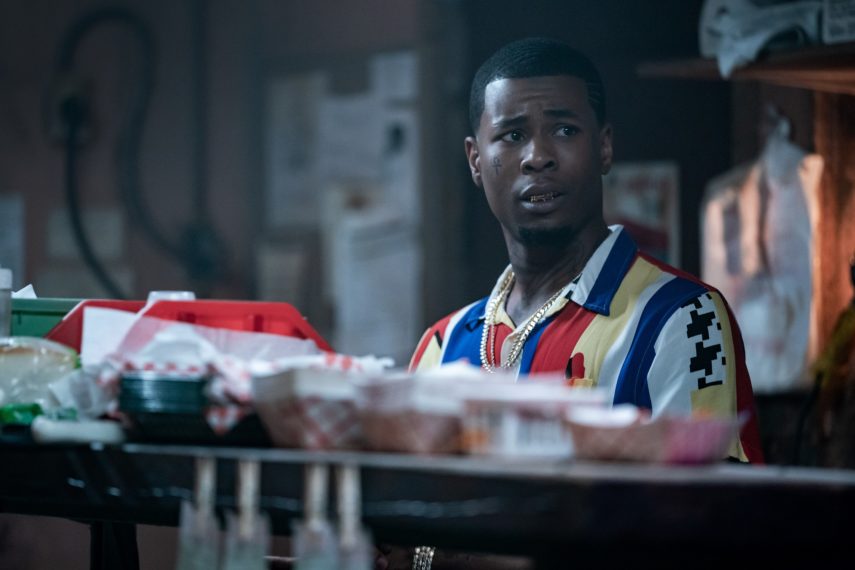
(Credit: Starz)
Everyone seems to have something to hide in this show. Who do you think should people should be keeping an eye on or keeping their guard up around?
I don’t feel as though people need to keep their guard up, but I think people will end up being very surprised by Lil’ Murda [one of the Pynk’s patrons and a rapper with lofty ambitions played by J. Alphonse Nicholson]. I think they’ll be very surprised. I think this idea of the rapper who grew up in the streets and performs this toxic masculinity, we’ve definitely seen that character before. The fact that we are really taking to task that culture and hyper-masculinity through a character that I think people will actually end up loving is quite revolutionary. I just cannot wait to see how people react to his transformation over the course of the season.
P-Valley, Series Premiere, Sunday, July 12, Starz

